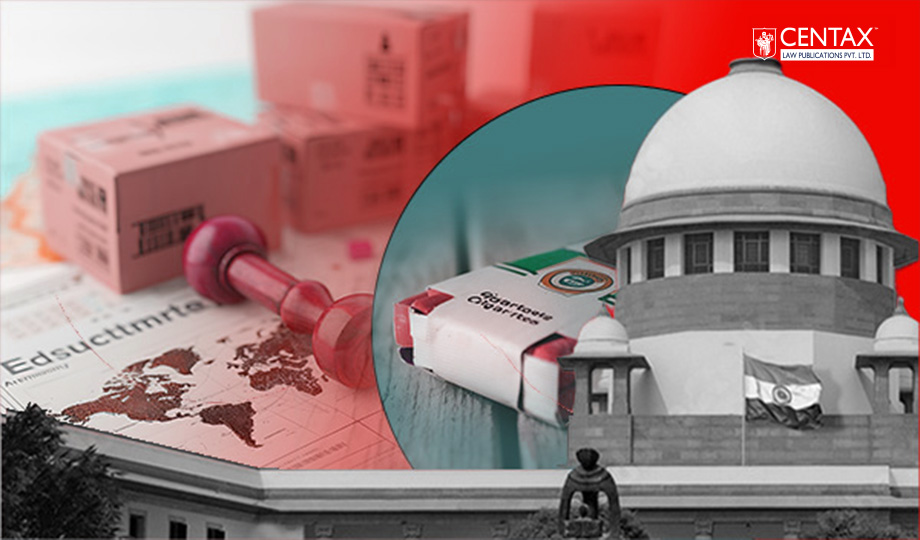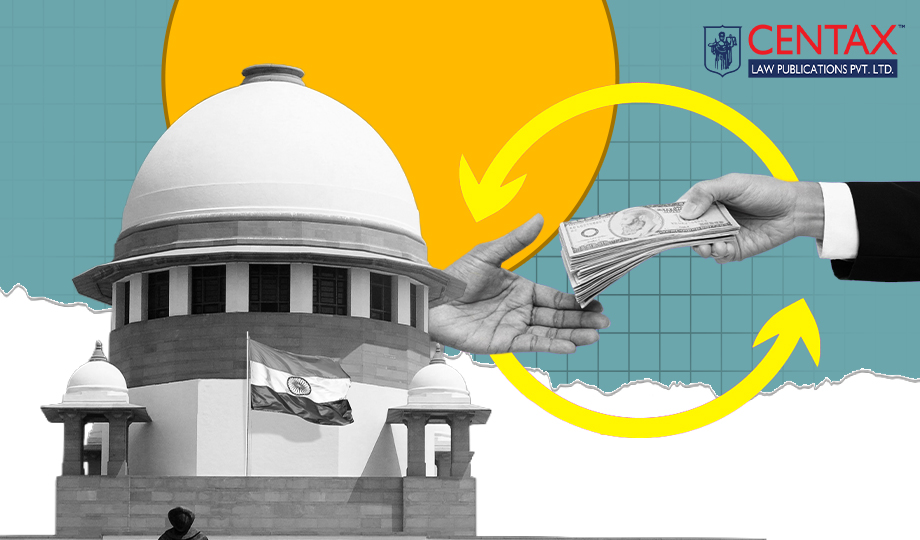
Case Details: Principal Commissioner of CGST & Central Excise, Delhi-IV Versus Nexus Alliance Advertising & marketing Pvt Ltd (2025) 30 Centax 334 (Tri.-Del)
Judiciary and Counsel Details
- Ms Binu Tamta, Member (J) & Shri P.V. Subba Rao, Member (T)
- Shri Harsh Vardhan, Authorised Representative, for the Appellant.
- Shri Vanadana Bhandari, Adv., for the Respondent.
Facts of the Case
The respondent-assessee, an advertising agency, was engaged in placing advertisements on behalf of clients across various media platforms such as television, print, and radio. While it earned commission from clients—on which service tax was duly discharged—it also received volume-based incentives from media houses upon achieving certain advertisement booking thresholds. The Department of Revenue alleged that these incentives constituted consideration for a separate service rendered to media houses, taxable under the declared service category specified in Section 66E(e) of the Finance Act, 1994, which covers ‘agreeing to the obligation to refrain from an act, or to tolerate an act or a situation, or to do an act’.
It was contended by the Department that the respondent had rendered a ‘business promotion’ service by agreeing to achieve volume targets. In response, the respondent submitted that there was no contract or legal obligation with media houses to promote their business or meet any targets, and the incentives were unilaterally granted by media houses at their discretion. Further, the respondent emphasised that it merely acted on client instructions for ad placements and had no control over media selection. The matter was adjudicated before the Hon’ble Delhi Customs, Excise and Service Tax Appellate Tribunal (CESTAT).
CESTAT Held
The Hon’ble Delhi CESTAT held that the volume-based incentives received by the respondent from media houses did not amount to consideration for any service as there was no contractual arrangement or obligation between the respondent and the media houses to promote their business. The Tribunal observed that such incentives were voluntary, discretionary, and not backed by any enforceable agreement requiring the respondent to undertake any specific act.
Consequently, the declared service provision under Section 66E(e) of the Finance Act, 1994 was held to be inapplicable. The Tribunal also noted that there was no evidence of the respondent agreeing to perform any business promotion activity for the media houses, and the incentives were more in the nature of ex gratia payments. Accordingly, the demand of service tax, interest under Section 75, and penalties under Section 73(1) were set aside.




















